
Atrial fibrillation is also more commonly the etiology behind stroke in women than in men.

Atrial fibrillation is also more commonly the etiology behind stroke in women than in men.

A larger body surface area was linked to an increased risk of atrial fibrillation.
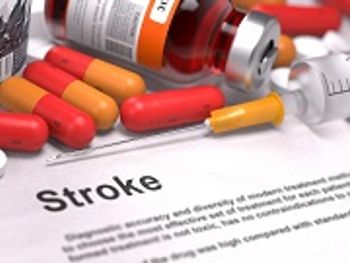
Small doses of apixaban reduced stroke risk in dialysis patients.

Patients consuming a Mediterranean diet enriched with olive oil showed improved HDL function.

Padaxa reduced cardiovascular mortality by 27% compared with warfarin.

Up to 18% of patients taking warfarin also take acetaminophen, but clinicians may not recognize the potential interaction between the two medications.

Top news of the day from across the health care landscape.
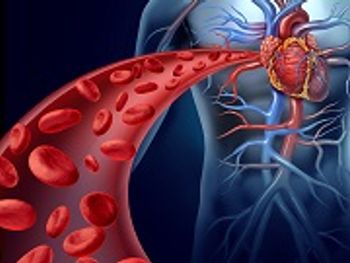
Patients with atrial fibrillation are typically prescribed warfarin to mitigate stroke risk.

Sodium-glucose cotransporter 2 (SGLT2) inhibitors are an emerging antidiabetic class that offer significant cardiovascular risk reduction.

Cardiovascular health in pediatric patients remains a topic that requires continual education.

According to the World Health Organization, cardiovascular disease is the leading global cause of death among men and women, accounting for an estimated 17.5 million deaths worldwide each year.
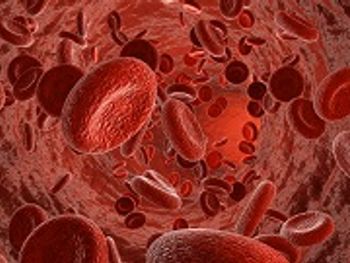
Patients with atrial fibrillation and end-stage renal disease may face a greater risk of all-cause bleeding without reducing strokes in Warfarin.

This study assesses comparative resource use for patients given a new diagnosis of nonvalvular atrial fibrillation treated with dabigatran or warfarin in a real-world setting.

Little information exists regarding the benefit of bridging warfarin among patients with atrial fibrillation. The best available evidence suggests that this common practice may increase the risk of bleeding without providing any efficacy benefit.

Alcohol consumption may cause heart damage that leads to atrial fibrillation.

Top news of the day from across the health care landscape.

The FDA recently approved Aralez Pharmaceuticals' Yosprala, a once-daily, fixed-dose combination of the antiplatelet agent aspirin and the proton pump inhibitor omeprazole.

Recent study results suggest patients don't know enough about warfarin, which could have potentially dangerous consequences.
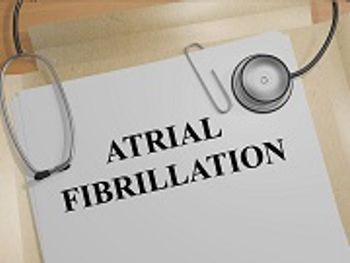
Treatment with edoxaban was as efficient as warfarin, but quicker.
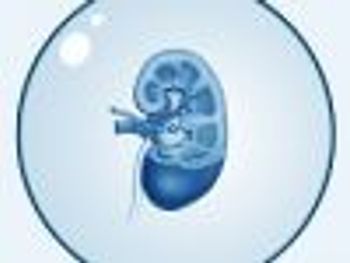
Pharmacokinetics of anticoagulant tecarfarin not compromised by renal function as seen with warfarin.
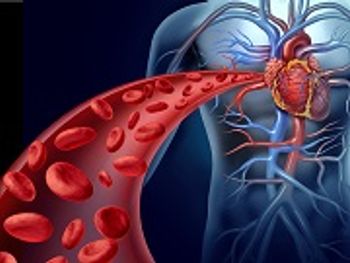
Warfarin may increase bleeding risk more than non-vitamin K antagonist oral anticoagulants.
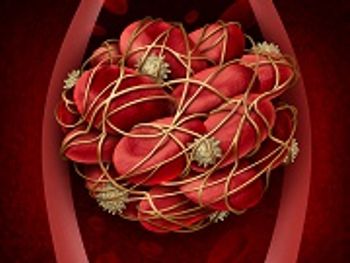
Antibody prevents blood clots and excessive bleeding to improve treatment of atrial fibrillation.

Pharmacokinetics of tecarfarin were not compromised by renal function like it was with warfarin.

Although fixed daily doses of NOACs have demonstrated favorable efficacy and safety compared with warfarin, the impact of worsening renal function on these medications over time hasn't been evaluated.

This study seeks to determine the economic effects of warfarin discontinuation in patients with nonvalvular atrial fibrillation.